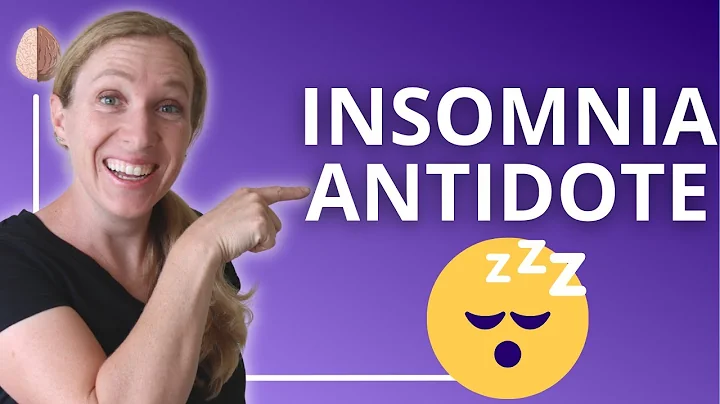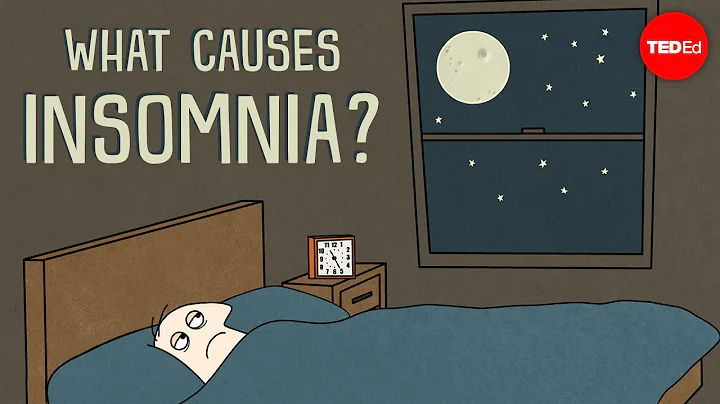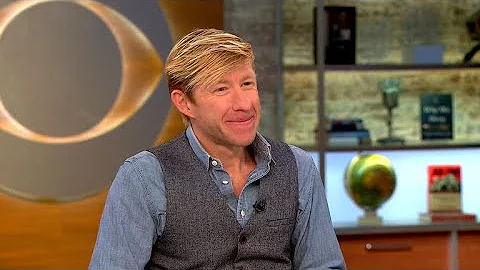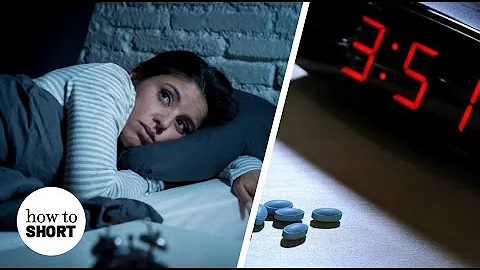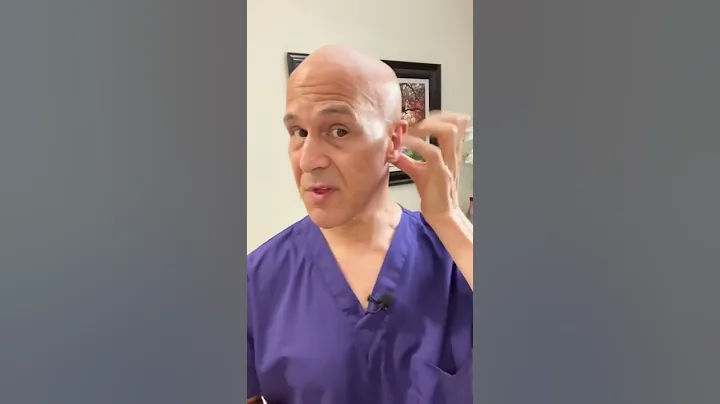Sleep plays an important role in our physical and mental health. If you've ever had sleep problems, you should know that it can make you feel anxious and irritable the next day.
The American Academy of Sleep Medicine states that adults need at least 7 hours of sleep per day to maintain optimal health. Any lack of sleep can lead to adverse physical and mental health effects, such as fatigue, anxiety, and depression.
If your brain keeps you awake, or you have trouble falling asleep and staying asleep, you may have an anxiety disorder or sleep disorder . However, there are some things you can do to help reduce anxiety and sleep better.
Next, Professor Rong Xinqi, a new concept psychology expert, will talk to you about "the connection between lack of sleep and anxiety."

Is there a relationship between lack of sleep and anxiety?
"Lack of sleep and anxiety are highly correlated. Those who suffer from sleep problems often have anxiety problems," said Professor Rong. "Patients with anxiety disorders often have problems such as insomnia, easy waking up after sleeping, and early awakening."
Professor Rong said that when you don't sleep well, your body will release more cortisol , which is a A stress-related hormone. This can lead to uncomfortable symptoms, such as headaches or digestive problems, which can make you feel anxious or leave you low on energy due to lack of sleep.
"The more active the nervous system is, the harder it is to fall asleep," Professor Rong explained. So, if you feel anxious, you're less likely to fall asleep and stay asleep. This can then set you up for a cycle of not sleeping and feeling more anxious, leading to more sleep problems.
Can lack of sleep cause anxiety?
If you've ever had sleep problems, you might feel a little anxious the next day. Research shows that sleep deprivation can lead to crankiness, irritability and irritable mood.
A 2013 study found that sleep deprivation amplified responses in the amygdala and anterior insula. These are the parts of the brain associated with anxiety. These reactions are strongest in people who exhibit high levels of trait anxiety, which is anxiety that is part of your personality.
Not getting enough sleep doesn't always mean you'll experience more anxiety. But research shows that people who are already prone to anxiety may experience greater feelings of anxiety when they are sleep-deprived.
In addition, research in 2020 found that people with insomnia symptoms are prone to anxiety during periods of stress.

Can lack of sleep cause anxiety?
According to the American Psychiatric Association, difficulty sleeping can cause and worsen mental health conditions such as depression or anxiety.
Professor Rong said that lack of sleep increases cortisol, which increases anxiety. Sleep deprivation is more likely to cause anxiety when other factors are present, such as negative thought patterns or avoidant behaviors. If someone is chronically sleep-deprived and doesn't manage the stress associated with it, it can lead to anxiety disorders, he said.
Common mental illnesses related to insomnia include:
generalized anxiety disorder;
depression;
post-traumatic stress disorder (PTSD);
panic disorder, etc.
A 2020 study on PTSD and sleep disorders in anxiety disorders found a bidirectional link between sleep problems and anxiety. This means that sleep disorders can lead to anxiety, and anxiety can lead to sleep deprivation.
Sleep disorders do not directly cause anxiety disorders, but sleep disorders can cause anxiety when other factors are at play (and vice versa), such as:
Unhelpful thought patterns (cognitions) when trying to fall asleep;
Unhelpful thoughts about sleep itself Belief;
Lack of good sleep hygiene.
Can lack of sleep cause panic attacks?
Lack of sleep can lead to panic attacks when it occurs along with other anxiety risk factors.A panic attack is a sudden, sudden onset of intense fear or anxiety.
"People who don't sleep well are more likely to experience physical changes related to nervous system activation," Professor Rong said. When activation of the nervous system increases, people's breathing becomes shallower and faster; and when a person is at risk for a panic attack, this breathing change can trigger a panic attack.

How to break the cycle of sleep deprivation and anxiety?
The good news is that there are ways to help reduce anxiety and stress and get healthier sleep. Consider following these tips:
1. Develop good sleep habits
Wake up and go to bed at the same time every day. Try to get 7-9 hours of night's sleep every day, and do something relaxing before going to bed, such as taking a hot bath or drinking a cup of hot milk.
2. Create an environment conducive to sleep
Consider sleeping in a cool, dark and comfortable room, make sure it is quiet enough, and make sure your bedding and pillows are comfortable.
3. Stay active every day.
Daily exercise is good for your physical and mental health. It also helps release endorphins . For example, you could try yoga exercises, which are known to reduce anxiety and stress. In addition, it is best to exercise in the morning or evening, but never do strenuous exercise before going to bed.
4. Check for things that might be keeping you awake
For many people, a major factor that interrupts sleep is worrying about how long they need to sleep, or how many problems a poor night's sleep will cause. This stress can (counterproductively) prevent you from falling asleep.
It can help to notice and challenge catastrophic thoughts about sleep. For example, you might take a moment to consider: Does not sleeping really mean I won't be able to function properly the next day?
5. Seek help from a professional
If you have tried various methods and are unable to fall asleep properly on your own, you may need outside help - consider talking to a professional clinician or counselor for help.
Sleep therapies, including cognitive behavioral therapy (CBT) for insomnia and hypnotherapy , can help relieve anxiety and sleep; you can also talk to your friends and family and let them provide the help they can.
